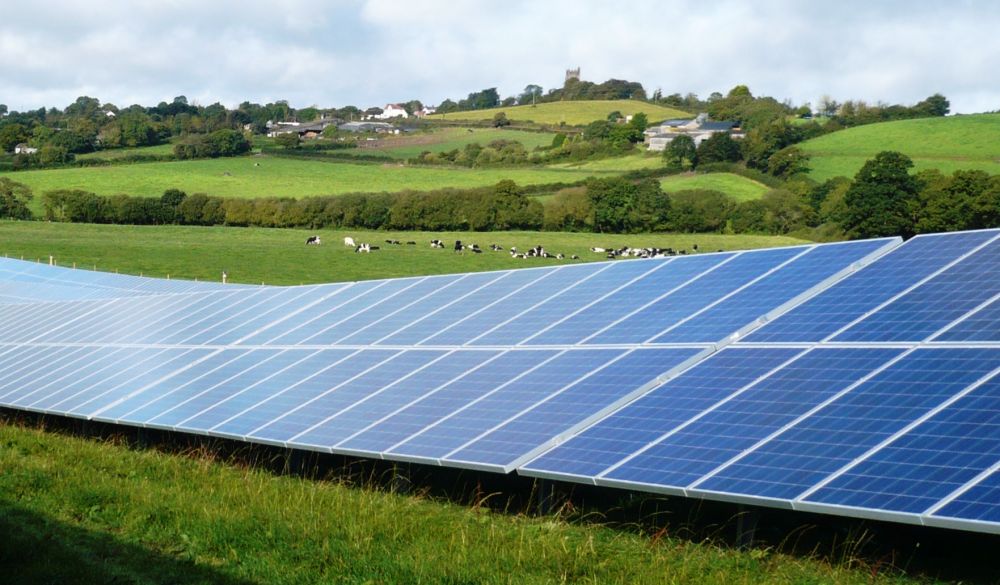Solar overtakes coal in UK
A new report has shown that more power came from solar panels than coal stations in Britain in the past six months.

A new report has shown that more power came from solar panels than coal stations in Britain in the past six months.
9 April 2016 was the first day in history when more electricity was generated by solar than coal in the UK; May 2016 was the first ever month; and now the past six months mark the first half-year.
Climate Change analysts Carbon Brief found that 6,964 gigawatt hours were generated by solar from April to September this year – 5.4 per cent of the UK’s electricity demand.
Coal, on the other hand, produced 6,342 gigawatt hours or 4.7 per cent.
The research also shows that solar capacity in the UK nearly doubled during 2015, whilst the coal industry has this year faced historic lows.
Increases in the carbon floor price last year have driven three major coal power plants – Longannet, Ferrybridge C and Rugeley – to close earlier this year.
According to trade body Energy UK, there are just ten coal power plants left in the UK.
One is currently closed for conversion to biomass, one only operates in winter, and another only provides reserve power when needed.
A spokeswoman for the Solar Trade Association (STA) said: “This is a valuable milestone on the road to renewables overtaking fossil fuels. It is a testament to just how effective the British solar industry has been at installing clean and reliable power and at bringing down costs.”
A new report for the STA concluded that integrating many more solar panels into the grid would not add excessive costs to accommodate the fact the sun doesn’t always shine and backup power is required to cover solar.
The report said: “With intermittency costs today of around £1.3/MWh for solar [with around 10-12GW of solar installed], increasing to £6.8/MWh with a substantial 40GW of solar on the system by 2030, we would suggest these costs do not provide a strong argument against the further build out of renewable generation,”
The trend will not continue into winter because of the seasonal nature of solar power, but the symbolic records reveal the dramatic impacts solar subsidies and environmental penalties for coal have wrought.

